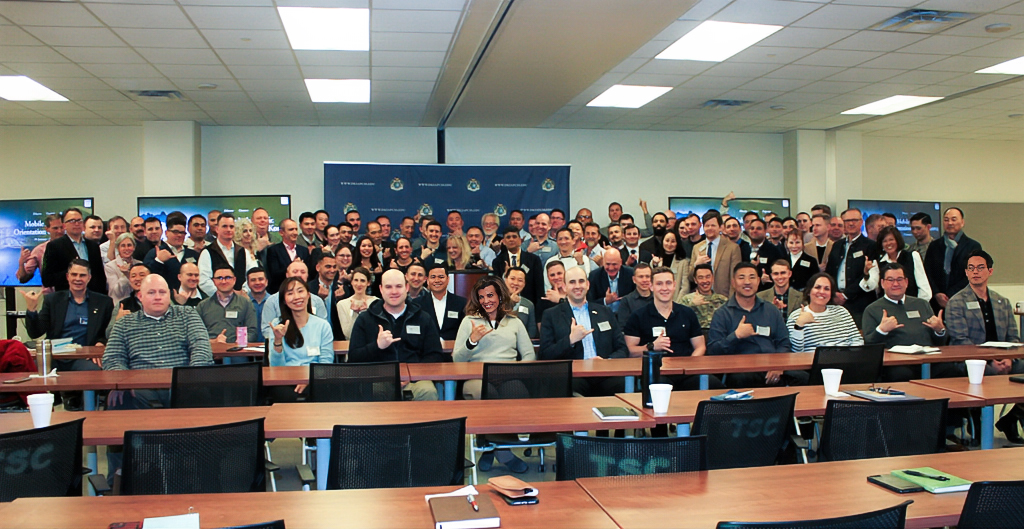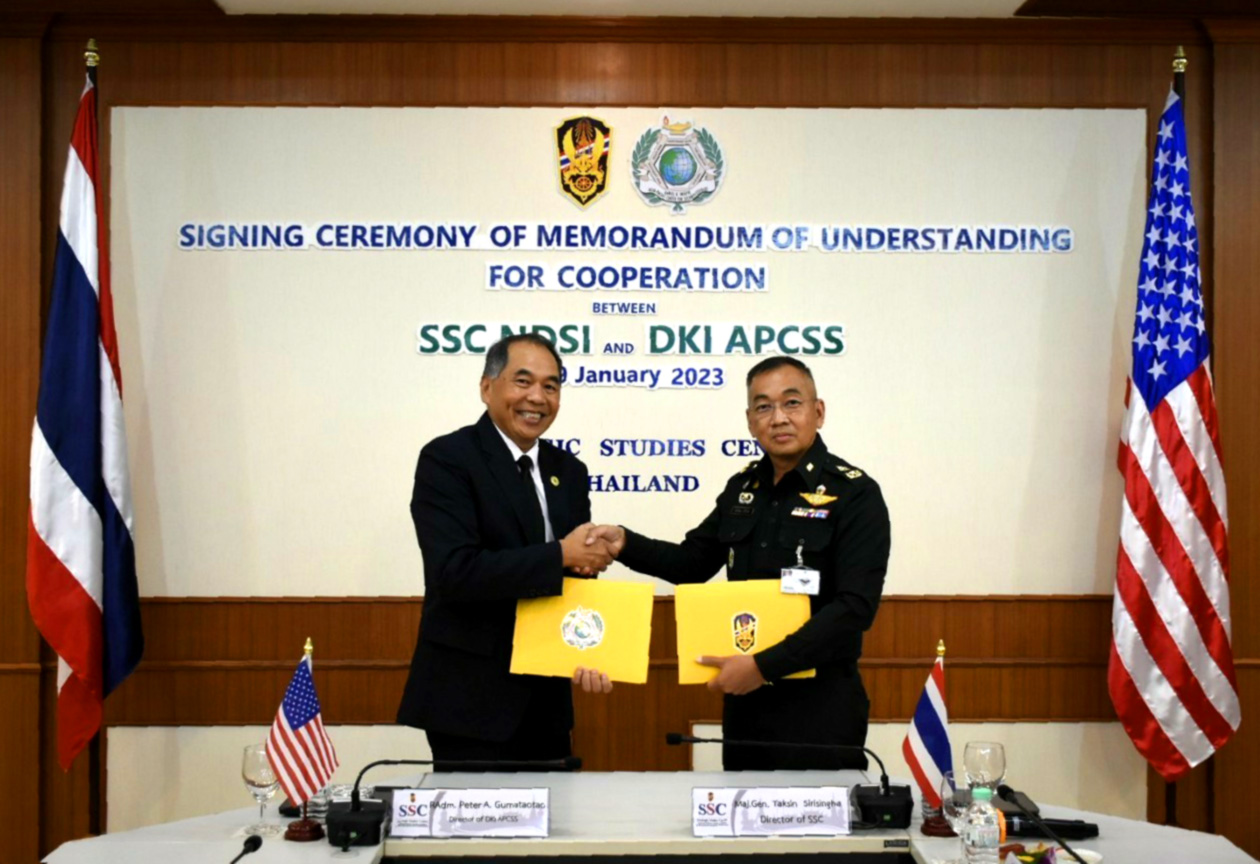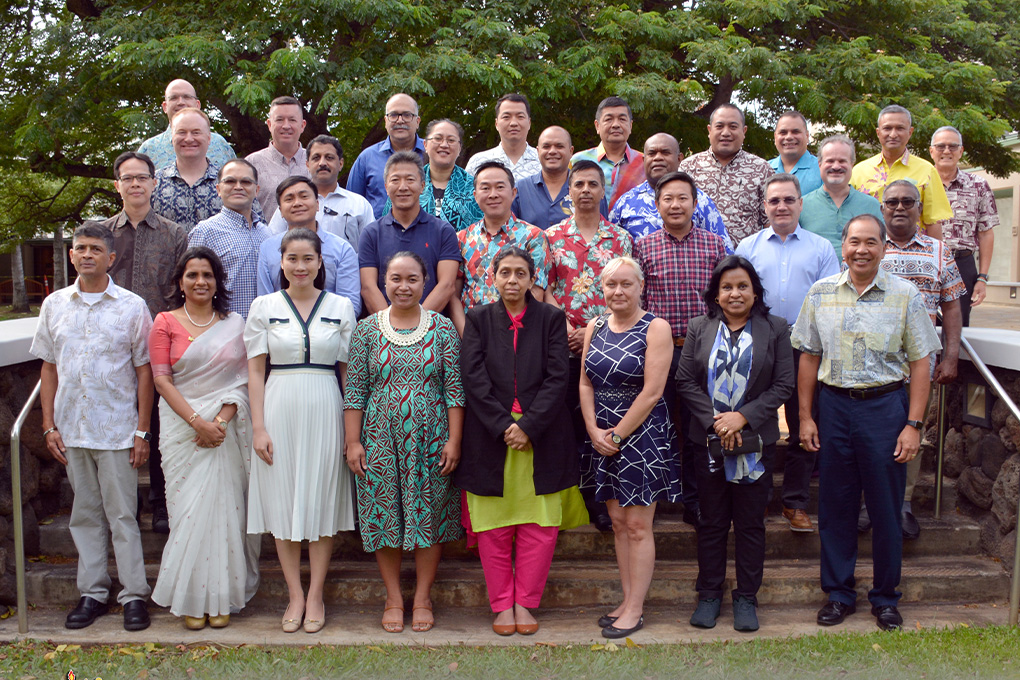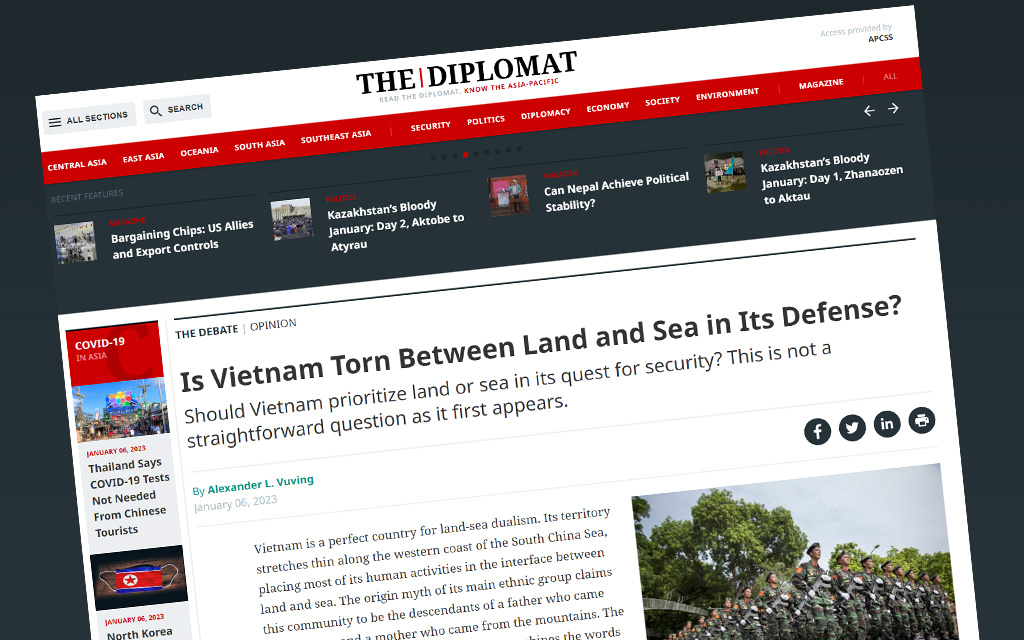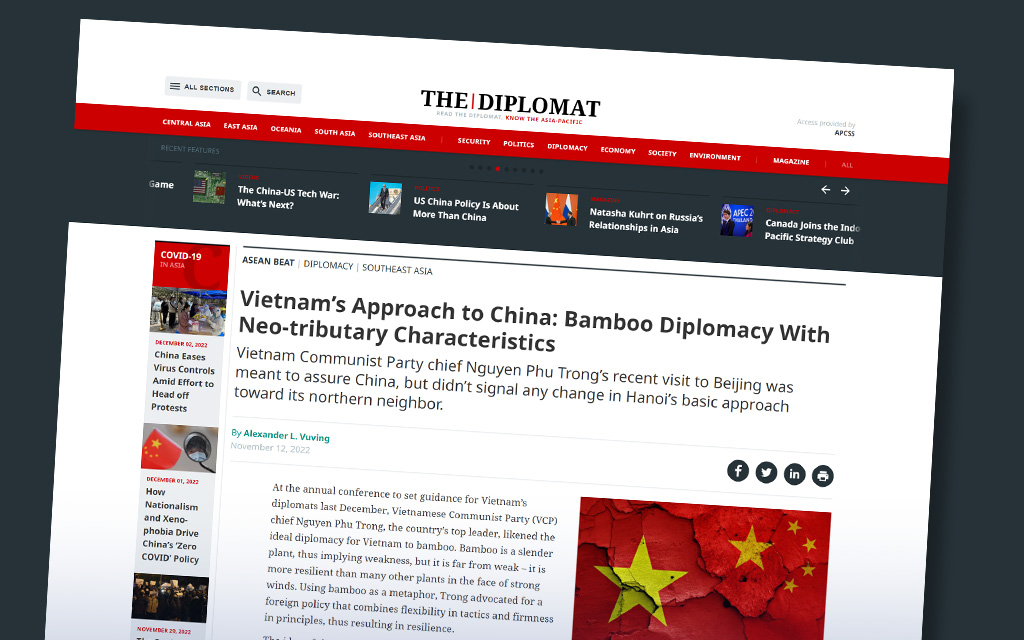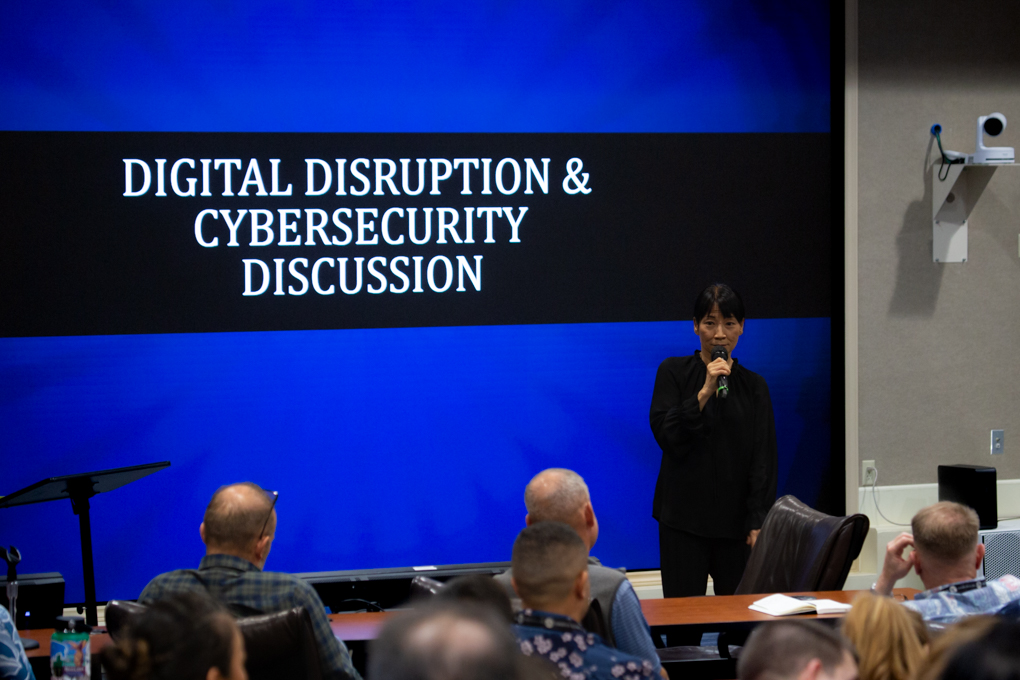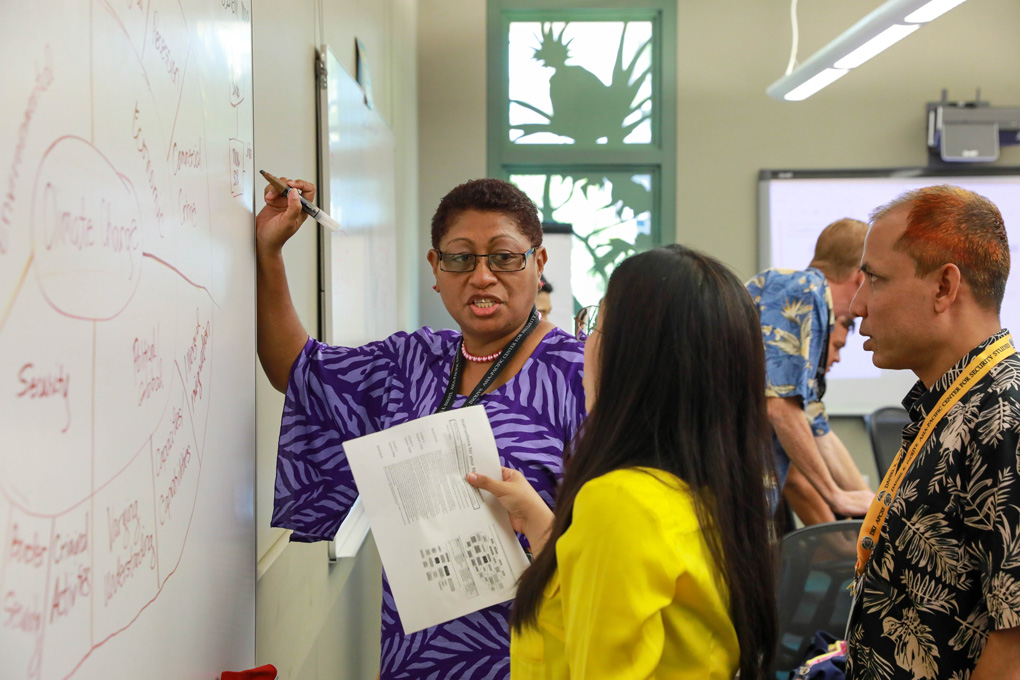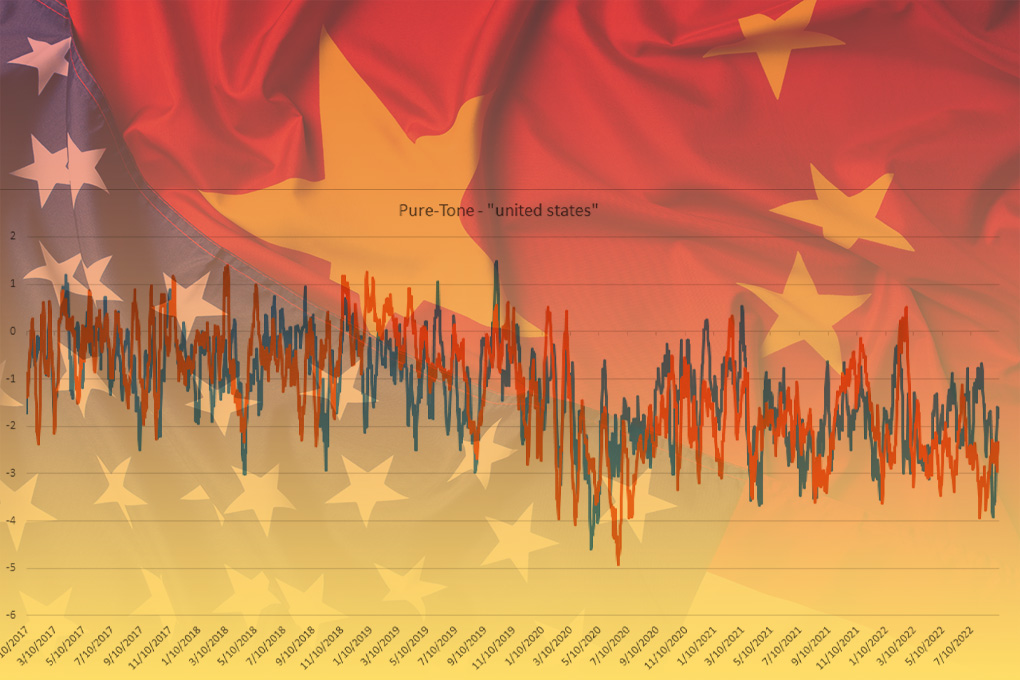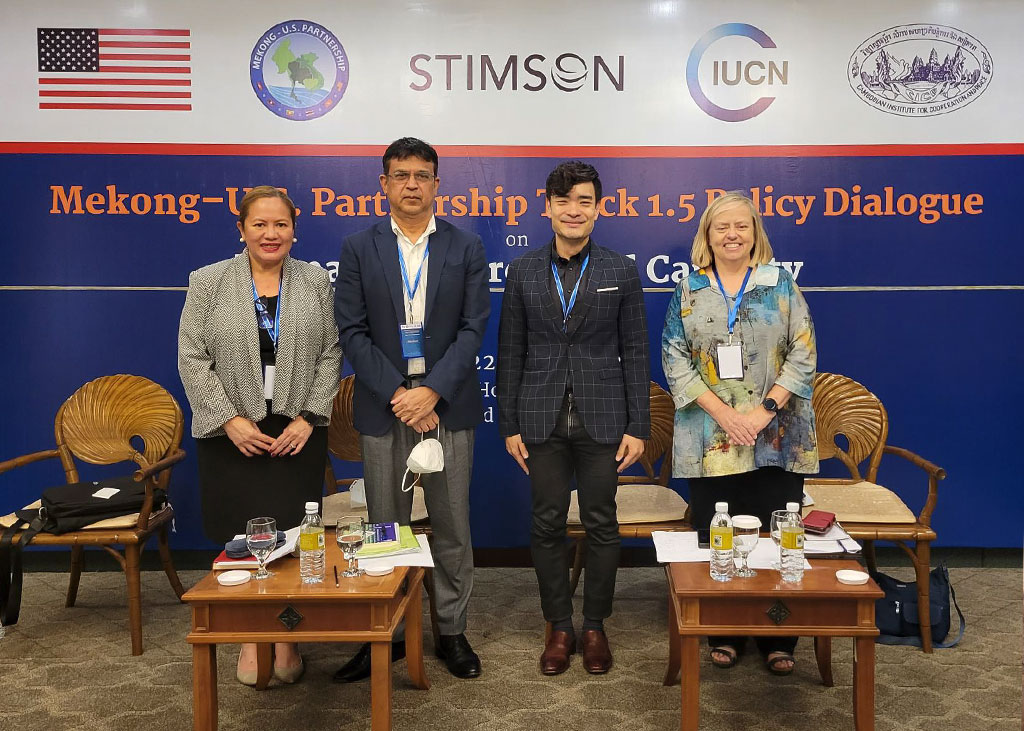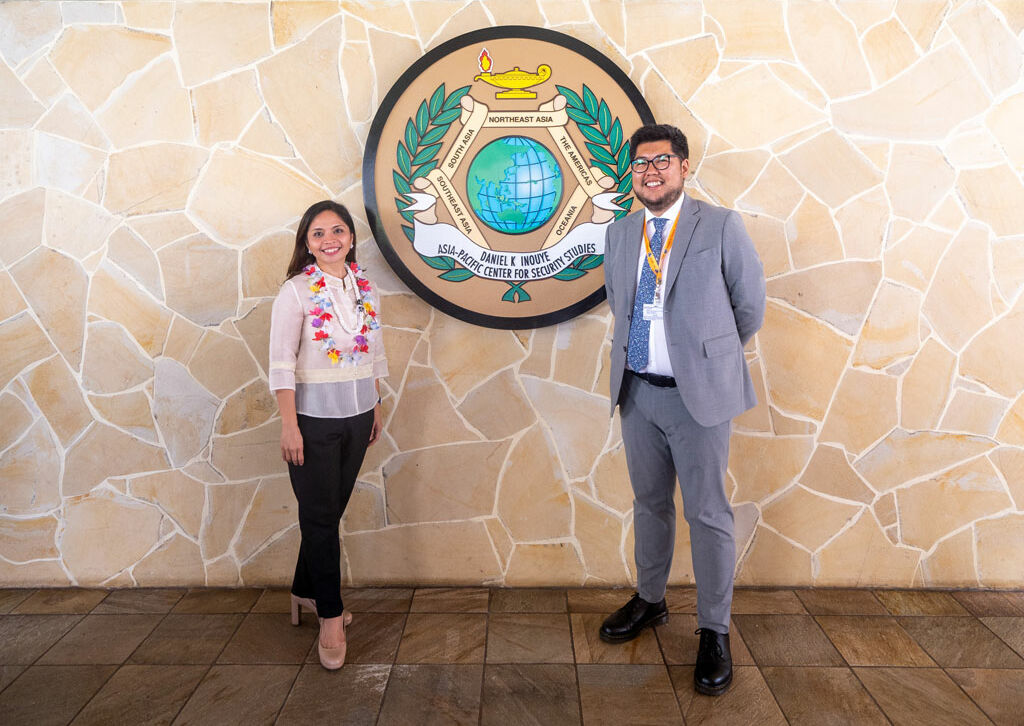IPOC Goes Mobile
DKI APCSS in collaboration with United Nations Command, ROK-US Combined Forces Command, and U.S. Forces Korea hosted the Mobile Indo-Pacific Orientation Course (MIPOC), returning to South Korea for the first time since 2017.
Myanmar Economy in Tailspin, 2 Years after the Military Coup
Myanmar, also known as Burma, has been in an economic freefall since the failed military coup of February 2021. The coup, led by Senior General Min Aung Hlaing, has resulted in widespread conflict, unrest, and international condemnation.
Strengthening Shared Understanding Among the Partners in the Blue Pacific and Pacific Islands: Illegal, Unreported and Unregulated Fishing (IUUF) and Maritime Domain Awareness (MDA)
The text of this statement was released by Australia, Canada, Germany, Japan, Republic of Korea, New Zealand, the United Kingdom, and the United States. Strengthening Shared Understanding Among the Partners [...]
SSC-DKI APCSS MOU Signing Ceremony
BANGKOK, Kingdom of Thailand -- Major General Taksin Sirisingha, Director of the Thai Strategic Studies Center (SSC) and Rear Admiral (retired) Pete Gumataotao, Director of the U.S. Daniel K. [...]
‘We’ over ‘Me’, Richard Sears Retires after 52 Years of Service
Richard Sears, the Center’s Dean of Admissions and Business Operations, retired on December 31, 2022. Sears served at the Center for over 20 years and previously for 30 years in the United States Navy.
Senior Leaders Gain a ‘Holistic View’ of the Region at TSC 22-2
From December 4-9, the senior leaders received lectures on crucial security issues in the Indo-Pacific region. DKI APCSS faculty shed light on topics such as the U.S. Indo-Pacific strategy, the rise of China’s Xi Jinping, Information security, climate change, and security in the Arctic region. With each lecture, the Fellows found particular benefit from listening to the perspective of their cohorts.
Is Vietnam Torn Between Land and Sea in Its Defense?
“Is Vietnam Torn Between Land and Sea in Its Defense?” is a new OpEd written by Dr. Alex Vuving for The Diplomat. According to Vuving, “The choice between maritime [...]
Has China’s Economic Development Led to the Democratization of China?
Dr.Sungmin Cho has published a new article titled “Does China’s Case Falsify Modernization Theory? Interim Assessment,” in the Journal of Contemporary China. Using the political science theory of modernization, [...]
Mongolian Sand and Dust Storms’ Impacts on Asia-Pacific Environmental Security
“Mongolian Sand and Dust Storms’ Impacts on Asia-Pacific Environmental Security” is the latest research paper for Security Nexus, DKI APCSS’ academic journal. The author, Dr. J. Scott Hauger, is [...]
Vietnam’s Approach to China: Bamboo Diplomacy with Neo-tributary Characteristics
This article discusses China’s efforts in strengthening China-Vietnam relations and Vietnam’s use of bamboo diplomacy to keep China at arm’s length without coming across as an adversary. According to Vuving, Vietnam’s Communist Party chief, Nguyen Phu Trong, used bamboo as a metaphor to advocate for a foreign policy “that combines flexibility in tactics and firmness in principles, thus resulting in resilience.”
IPOC 22-2 Gives U.S. Security Practitioners New Perspective
Throughout the week, lectures from Center faculty shed light on the factors contributing to the Indo-Pacific's dynamic security environment. The Fellows received a comprehensive overview of the Indo-Pacific's sub-regions. The lectures also covered good governance, cooperation, rules-based order, and the various security spheres (traditional military security, economic security, cyber security, maritime security, and climate security).
103 Fellows from 35 Countries Graduate CSC 22-3
The Daniel K. Inouye Asia Pacific Center for Security Studies completed the third iteration of the Comprehensive Security Cooperation (CSC) course. The program brought together 103 [...]
Politics by Numbers: Counting Plato’s Shadows
James Sullivan is currently a non-resident Visiting Scholar at the Daniel K. Inouye Asia Pacific Center for Security Studies and is pursuing an ALM in International Relations from Harvard [...]
Faculty members attend the fourth Mekong-U.S. Partnership Track 1.5 Policy Dialogue
In July of 2022, faculty members Dr. Lori Forman and Dr. Deon Canyon attended the fourth Mekong-U.S. Partnership Track 1.5 Policy Dialogue in Cambodia. As of late October 2022, [...]
Alumni Seminar Leaders Guide the Way for First-time Fellows
For the Comprehensive Security Cooperation Course 22-3, the Center invited alumnus Kathrine Lingan (CSC 22-1) and Adiyasuren Jamiyan (ASC 15-2) from Mongolia. The two would be the first-ever international Fellows invited as Alumni Seminar Leaders.
Alumna Amanda Ellis Presents to the Fellows of CSC 22-3
DKI APCSS Alumna and New Zealand Amb. Amanda Ellis (TSC 17-1) returned to the Center to visit the Fellows of CSC 22-3. On October 12, She presented her lecture [...]


